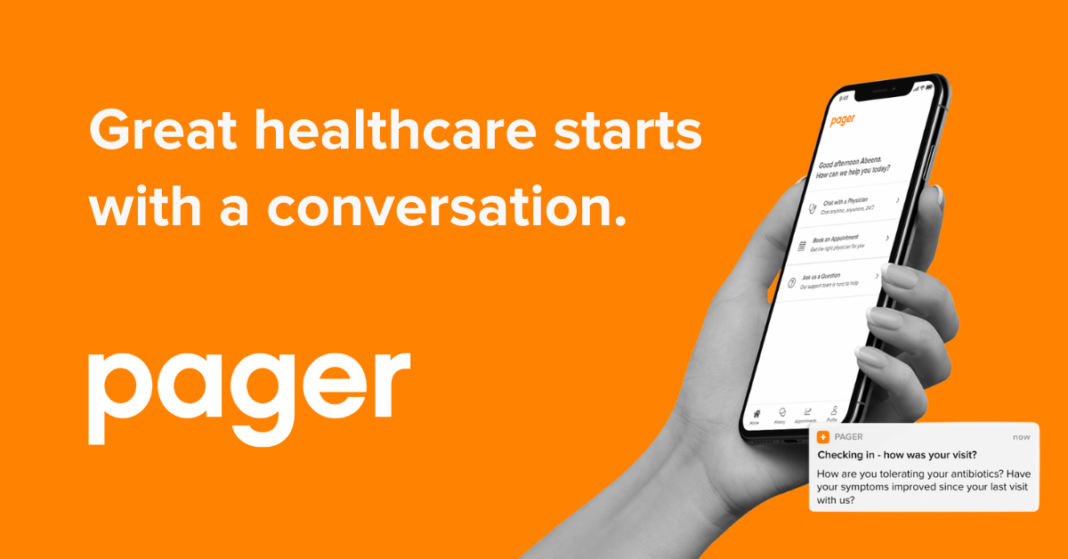Pager, healthcare’s most trusted virtual-first engagement and navigation platform serving 28 million members in the United States and Latin America, has officially announced the launch of three new applications built on Google Cloud’s advanced generative AI (GenAI) capabilities. According to certain reports, these applications are designed to address the quadruple aim of care, something it does by reducing the administrative burden on multi-disciplinary care teams and creating a more conversational, personalized experience for members. Talk about the whole value proposition on a slightly deeper level, we begin from the Chat Summation application, which leverages GenAI to instantly summarize interactions with members, while simultaneously providing accurate notes and eliminating redundant document procedures. All in all, such a setup helps the app save 10 to 15 minutes on average per every single member encounter. Next up, we have the brand-new FAQ Bot. FAQ Bot basically uses a Retrieval Augmented Generation (RAG) model, built on Google’s Dialogflow™, to significantly accelerate the resolution of administrative issues. Further cutting back on the need for unnecessary call center encounters, this particular application is well-equipped to answer the most common health and benefits questions without any human help. Not just that, FAQ Bot also unlocks for you an uninterrupted access to a brand of guidance which can educate a patient on the next best steps in their care journey.
“With the development of any AI capability, our goal is not to replace the human touch in healthcare but to make healthcare more human,” said Rita Sharma, chief product officer at Pager. “By leveraging advanced AI models, such as GenAI, we’re able to automate time-consuming, manually intense processes without compromising member and employee privacy or experience – reducing clinician burnout and better allocating staff time and resources where they are needed most.”
Round up highlights is a Sentiment Analysis app. Backed up by Google Vertex AI™, this solution is capable of helping care and service teams better understand how a member’s emotions are progressing or changing through a chat-based encounter (e.g., happiness, frustration, fear, anxiety, worry, etc.). Markedly enough, the stated application is trained on millions of unique encounters to understand the nuances in chat responses, including word choice, grammatical accuracy, style, tone, speed of answer, emoji usage, or any other element that might indicate sentiment in some capacity. At the moment, Pager’s teams are using the model to review nurse encounters, train staff, and recommend new response tools. These response tools include instances of when it may be appropriate to use a different tone, escalate a call, or try a different tactic in a conversation based on the member’s sentiment.
The development in question builds upon Pager’s partnership with Google Cloud, a partnership which was formalized last year in April. Since then, the company and its customers have been able to access Google’s a secure, scalable, and reliable world-class infrastructure and solutions, including VertexAI. In practice, these tools can be used to test and power new GenAI models, Google Cloud’s Healthcare API, and BigQuery™, a fully managed enterprise data warehouse, along with Google AI and data analytics.
“We’ve made a deep and focused commitment to AI because we believe the potential benefits for our clients, members and the healthcare system at-large are just beginning to be realized,” said Sharma. “By carefully blending AI with the human experience, Pager is helping payers develop stronger relationships with its members and giving providers the time and the freedom to connect one-to-one with their patients during their entire care journey.”



















